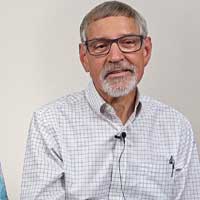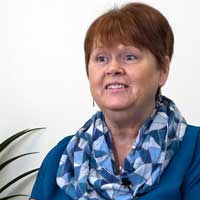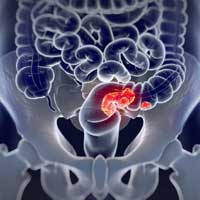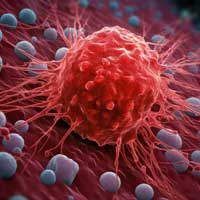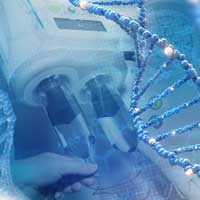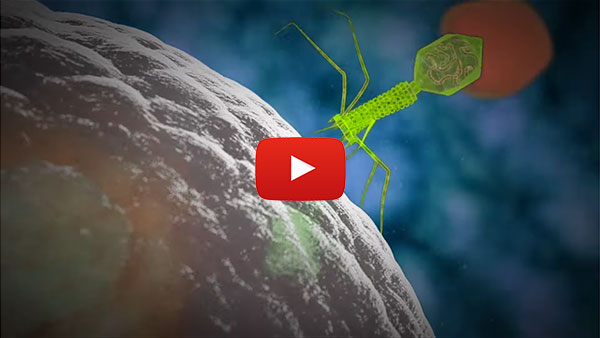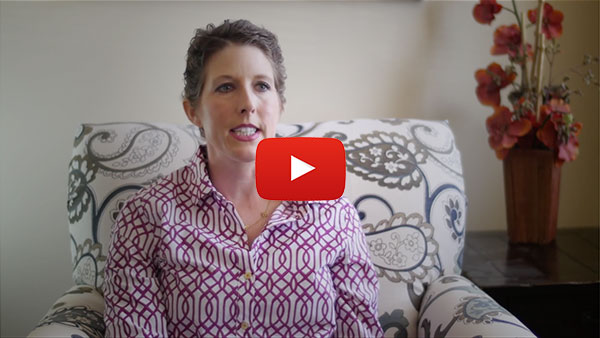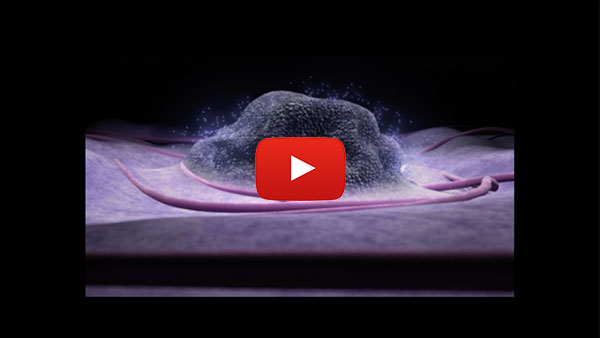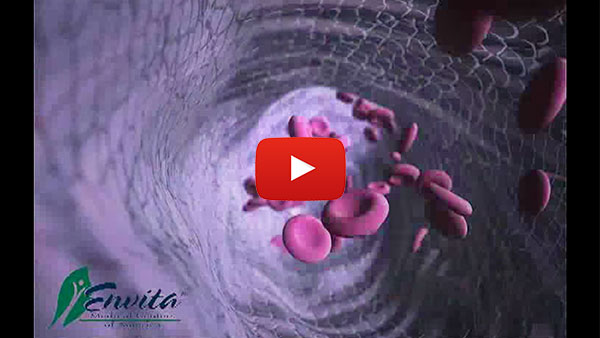Multi-Drug Resistance and Chemotherapy; Overcoming Standard Cancer Treatment Failures
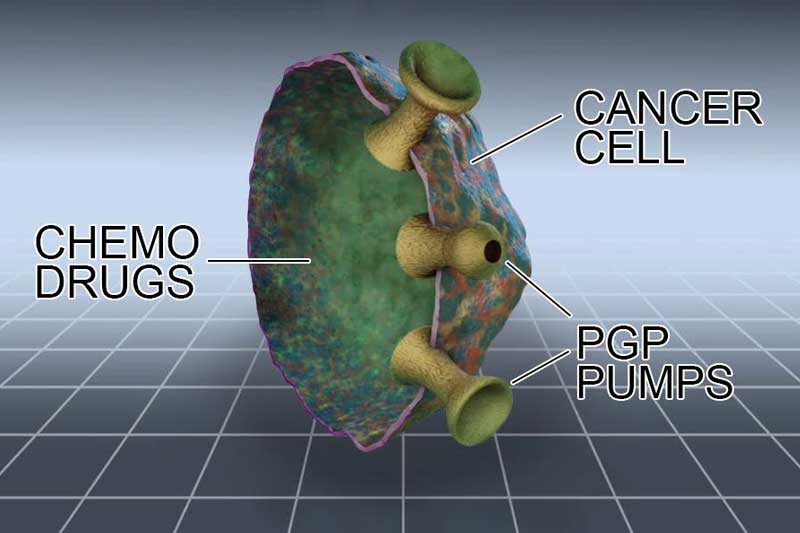
The development of multi-drug resistance (MDR) in cancer cells to chemotherapy treatments remains one of the major challenges to current cancer treatment efforts. Resistances exist against every effective anticancer drug and can develop by numerous mechanisms including decreased drug uptake, increased drug efflux (removal), and the activation of detoxifying systems. The cancer cells ability to reduce the intake of chemotherapy drugs while at the same time activating its ability to push out the hazardous drugs that have entered the cell is responsible for the development of resistance to chemotherapy. Chemotherapy must reach a critical concentration within the cancer cells for effectiveness. If this concentration of drugs can't be obtained, the cancer cells will continue to grow and spread throughout the body. As chemotherapy begins to work its way into the cancer cells, the pumps responsible for pushing the chemotherapy out of the cells are activated. These pumps are called P-glycoprotein Pumps, or Pgp for short. Pgp works not only to remove chemotherapy drugs, but natural agents, and any foreign substances that may enter the cell as well.
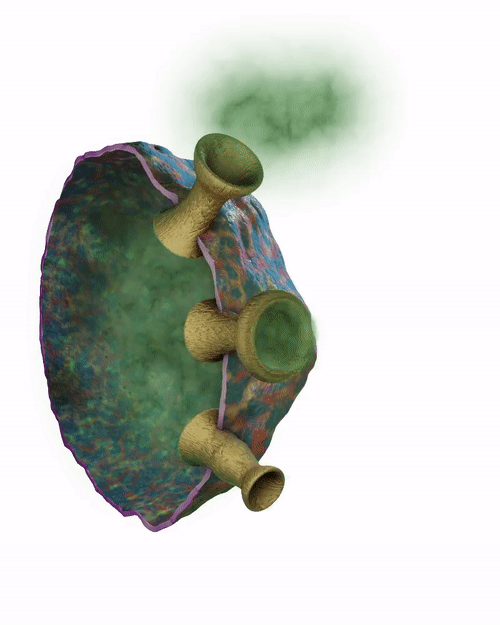
It is important to diagnose if a cancer patient has developed multi-drug resistance. If MDR is discovered, then it becomes critical to enact specialized treatment strategies that block the resistance so cancer treatment can bypass this survival mechanism of the cancer cells and become more effective. Multi-drug resistance is very common in late-stage cancer patients who have gone through several rounds of chemotherapy in attempts to rid themselves of cancerous tumors, however the multi-drug resistance is rarely ever accounted for in traditional treatment. The activation of the Pgp pumps is in direct relation to the dosing of chemotherapy. When maximum therapeutic doses of 2-3 chemotherapy drugs are used, the toxicity levels are so high that is causes the Pgp pumps to activate and push out the medication faster, blocking the effectiveness of chemotherapy altogether. MDR brings about numerous cancer treatment failures, but when MDR is effectively blocked, the chemotherapy and other agents can complete their job of killing off the cancer cells.
Cancer cells have multiple survival mechanisms. Blocking MDR is just one part of the multi-step process that leads to better cancer treatment. With proper education, patients can finally understand why they have seen failed attempts at cancer treatment in their lives and/or the lives of loved ones. We have bonus educational material that is available through request. Please don't hesitate to reach out to us, we are here to help.


